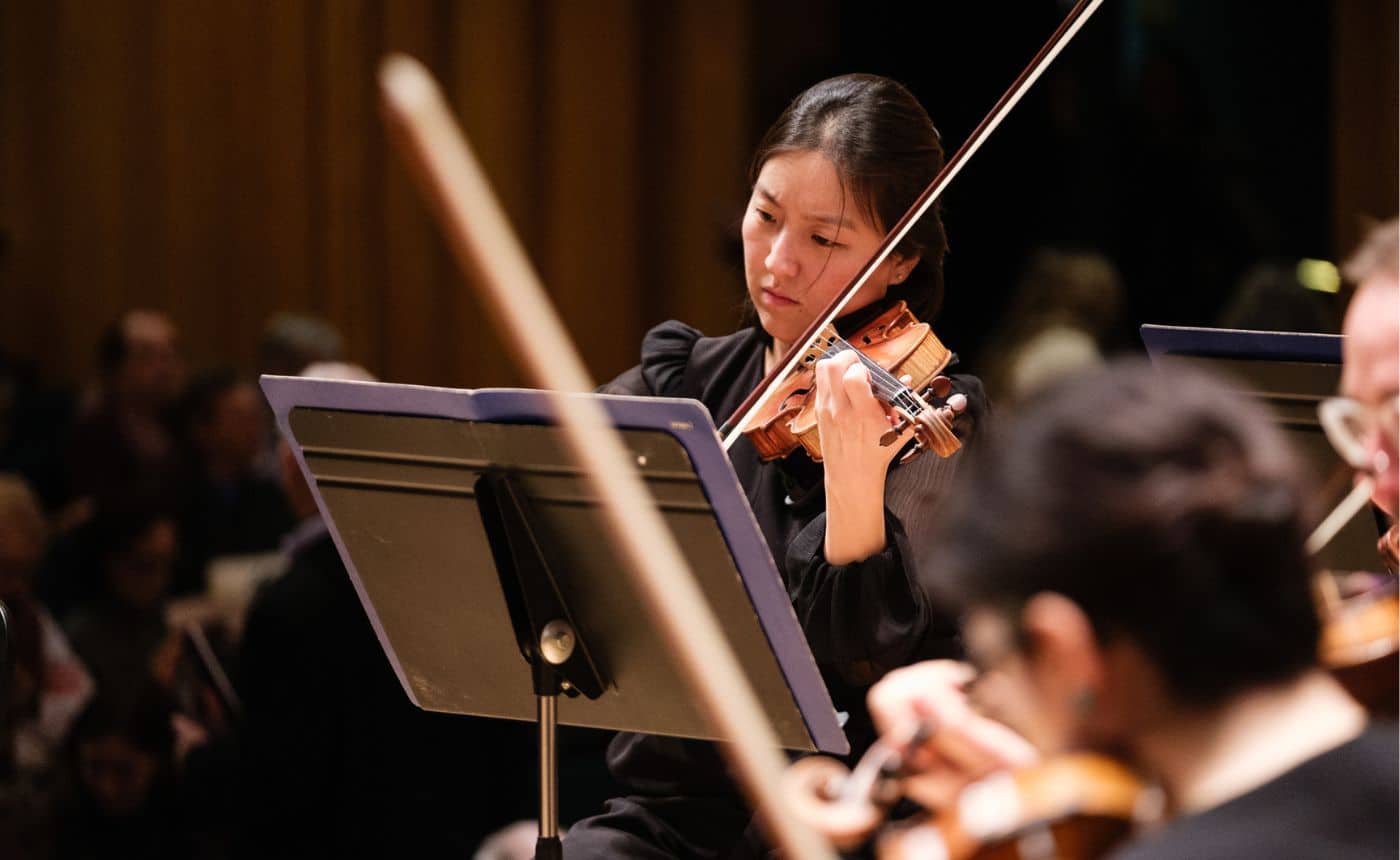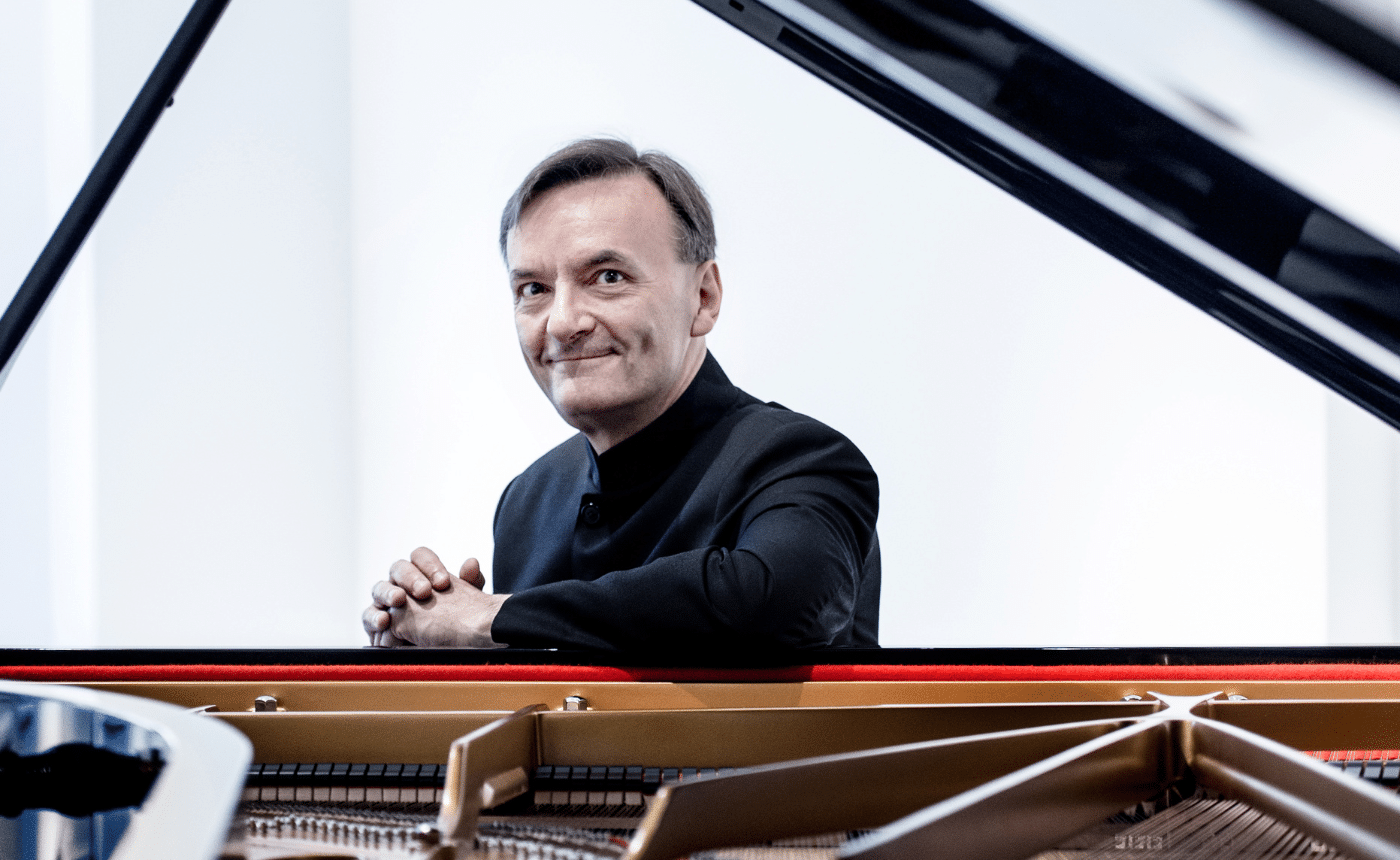Beethoven – Symphony No. 7 in A Major, op. 92
Written by Jeff Counts
Instrumentation: 2 flutes, 2 oboes, 2 clarinets, 2 bassoons, 2 horns, 2 trumpets, timpani, strings
Duration: 36 minutes in four movements.
THE COMPOSER – LUDWIG VAN BEETHOVEN (1770-1827) – Beethoven’s impressive output is often divided by scholars into distinct periods – the Bonn years, the early years in Vienna, the “Heroic” middle period and of course the late period. It is no surprise that these categorizations correspond with big changes in the composer’s personal story and though he certainly never separated his work into such academic groupings, his stormy life made it possible for history to do so.
THE MUSIC – If the “Eroica” Symphony is the true centerpiece of the middle period of Beethoven, than the equally potent 7th Symphony must be remembered as its noble valediction. The premiere occurred in December of 1813 and the benefit concert for wounded soldiers was the most successful (and possibly oddest) of the composer’s life. On the program with the new symphony was the incredibly popular Wellington’s Victory, the most blatantly heroic piece Beethoven wrote during those middle years, and a pair of marches by Dussek and Pleyel performed by Johann Nepomuk Maelzel’s “mechanical trumpeter” invention. The symphony was well-received but a bit lost among the technological gadgetry, the pre-existing enthusiasm for Wellington’s Victory and the general anti-Napoleon fervor of the occasion. It is interesting to consider how the 7th Symphony would be partly guilty of the same “shadowing” effect over the more slender 8th the following year, a clear indication that the 7th was much more than a “companion piece” to the Victory work and quickly destined for its own greatness. Another opportunity provided by history is the linking of Symphony No. 7 to the famous “Immortal Beloved” letters of 1812. The letters and symphony were written at the same time and it seems likely that the same depth of positive emotion informed them. For a man who already knew loss in a measure beyond what he deserved, it is thrilling to view Beethoven’s exuberant, celebratory A Major Symphony as the musical translation of a very real, if fleeting, happiness.
THE WORLD – Aside from war, 1813 saw the formation of the Philharmonic Society in London, the publication of Pride and Prejudice and opera premieres of Rossini’s TANCREDI and L’ITALIANA IN ALGERI.











